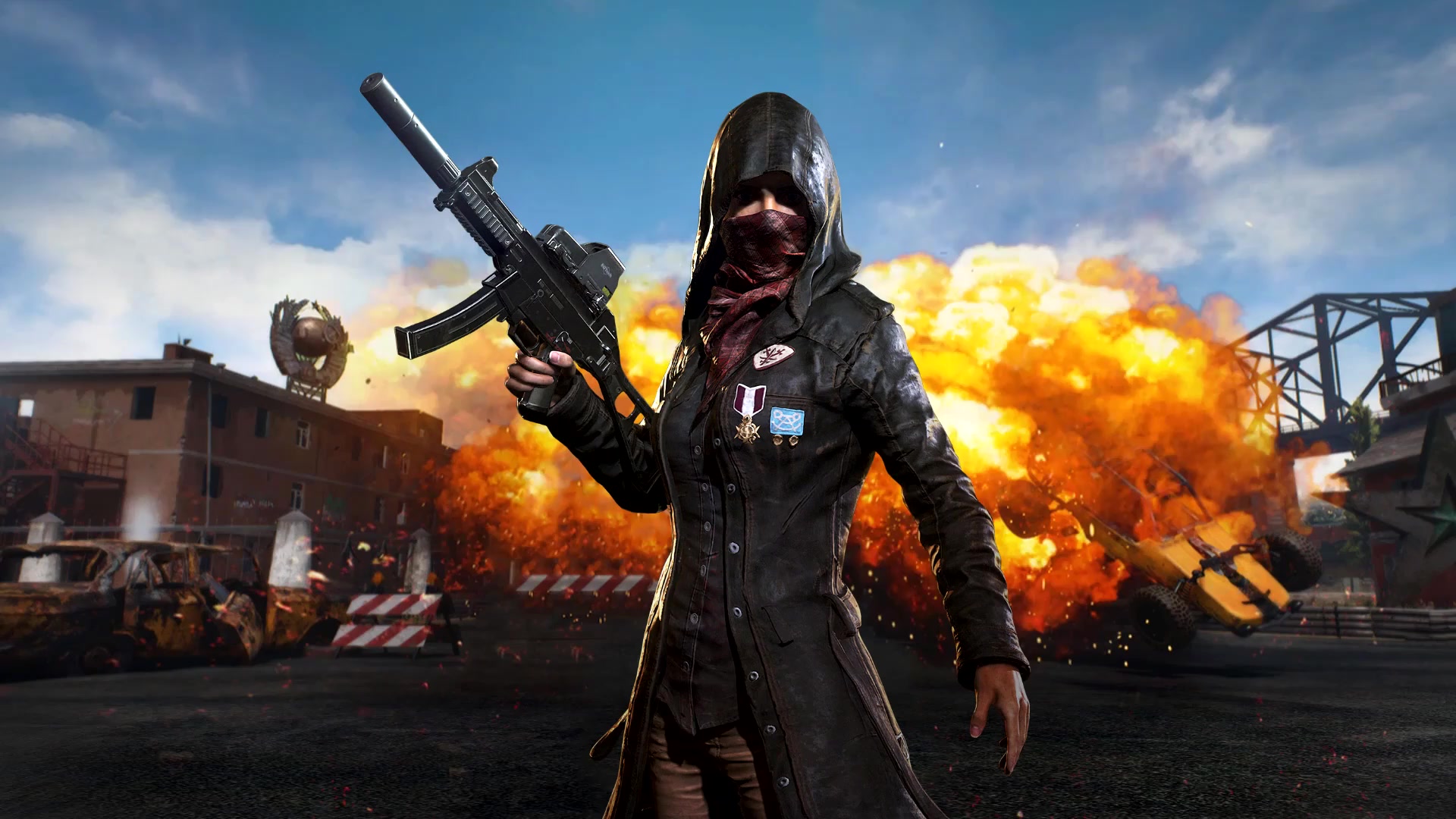
We can’t argue that PlayerUnknown’s Battlegrounds is one of the biggest games online. It has sold over twenty-four million copies, holding a peak concurrent player count of over three million. Since its launch on December 21, 2017, the game has been breaking records and gaining multiple awards from large video game ceremonies.
But with its popularity came a drawback — cheaters. PUBG has tackled the issue in the past months, starting last October when BattlEye, the game’s anti-cheat software provider, has banned nearly 25 thousand cheaters. By November 2017, the statistics grew up to 700,000, and in the December has reached over 1.5 million. And just last month, BattlEye has announced in a Twitter post that they have “banned over 1,044,000 PUBG cheaters in January alone.”
As the statistics implied, the cheating is rising dramatically in PUBG. And if the January figures are on point, this means that the game’s current rate is approaching 33,700 bans per day, or one ban every 2.56 seconds.
The statistics alone are increasingly alarming. And in response to this, PUBG have released the new anti-cheat update on February 5.
According to PUBG’s community manager, Andro Dars described the new anti-cheat feature is designed to block different helper programs which will alter the graphics or aid in the gameplay in some way. Programs which behave like cheats will also be blocked by it.
The developers also made it clear that the new anti-cheat solution has a goal “to create an environment which facilitates smooth and unhindered enjoyment of the game.” Dars also stated that some additional measurements will also be implemented in the game. This includes an in-game report function, deactivation of account sharing, and allowing to block players who tamper with game files.
To further improve the anti-cheat solution, PUBG developers are looking for more ways to create a more improved system.
PlayerUnknown’s Battlegrounds is a multiplayer online battle-royale game for Microsoft Windows gaming computers on December 21, 2017.